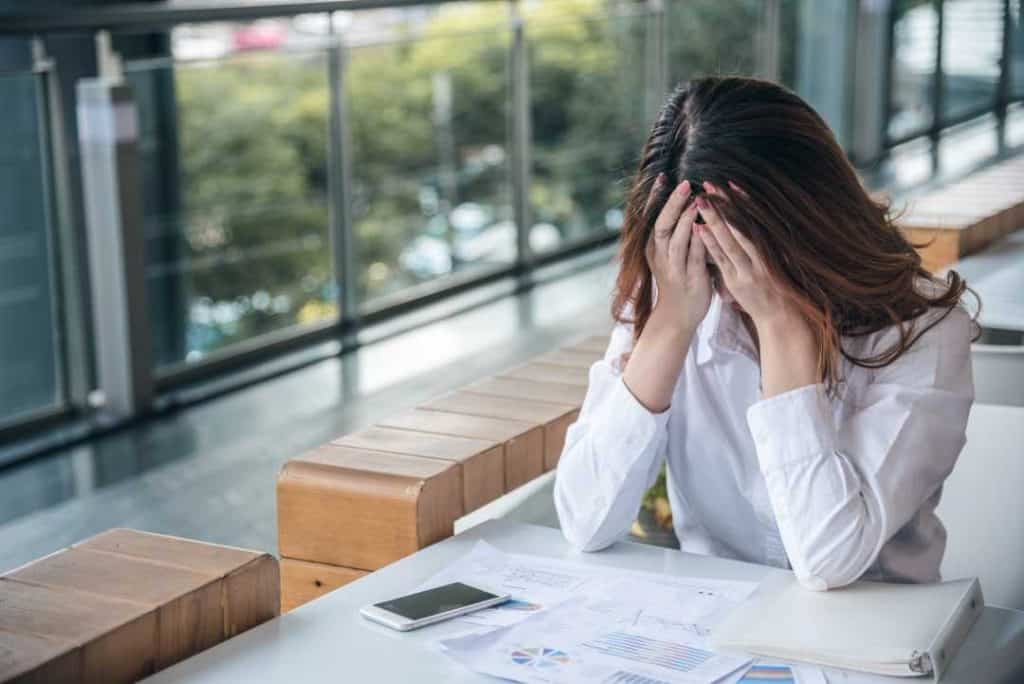Whether it be certain thoughts or a present situation within your environment, anxiety can feel quite crippling at times. Formally known as a generalised anxiety disorder (GAD), it can sometimes be persistent, where you’ll experience physical, behavioural, and emotional symptoms. You may feel tense, aches, tension, or constant worry. The trouble with anxiety is the symptoms are so broad that you may feel it’s difficult to apply coping strategies if you’re experiencing all of these symptoms. However, this article will help you to get a better idea on how anxiety feel like?
Well, coping strategies for anxiety have always been helpful to many people, although it is important to stress that everyone has their coping strategies for anxiety that works for them. Below outlines some strategies you may adopt to help you cope with anxiety.
Focused Meditation
When your mind is consumed with thoughts causing you anxiety, one of the best strategies is to bring your thoughts to the present through focused meditation. Focused meditation is the technique of focusing the mind on a particular object or activity. This demonstrates that you’re present in your environment with your mind fixated on something you’re paying special attention to. You’ll notice those anxious thoughts slowly disappear from your mind and will be taken over by what you’re focused on. Other forms of focused meditation include mindfulness, where you’re aware of what you’re directly experiencing through your sense, such as controlled and deep breathing. There is no fixated time for you to perform this. Take as long as you need until you’re feeling calmer.
Regular Exercise
Exercise has proven to improve your mood whilst decreasing any feelings of anxiety. Those parts of the brain that regulate anxiety, as well as depression, become sensitive through hormones that help to relieve them. Exercise also produces endorphins, meaning the production of a more positive feeling. When exercising, your mind will also be focused on those movements, which can cloud any thoughts causing anxiety. Short or long periods of exercise, you decide what works for you to remove those anxious thoughts. Exercise has also proven to improve dental health.
Understand Your Triggers
Anxiety naturally stems from thoughts that are considered unconscious. This means that although we’re aware of these thoughts, they occur automatically and are not available for introspection, like an autonomous machine. They reverberate inside your head, and you’re not consciously aware of what you’re thinking. This can be a downfall, and bringing these thoughts to the front of the mind is a good first step to understanding your triggers. When you are mindful of those thoughts, you pay more attention to them. Attempt to understand your thoughts, as this can help get to the root of what you’re feeling anxious about.
Be Present
Anxiety stems from thoughts about the past and the future, and whatever you’re thinking about can cause anxiety, whether it be something that’s happened in the past or something up and coming in the future. This is a process of thinking “what if”. As hard as it may seem to ignore those thoughts, consider embracing your present environment and accepting where you are standing at this moment. This will help you control your thoughts by simply being mindful of what you’re doing right now. Engage your mind in your present movements, and your anxiety levels will reduce.
Eat Well And Sleep Well
Feeling groggy owing to eating fad diets and sleeping poorly will contribute to your anxiety levels. According to the Center for Disease Control (CDC), creating a sleeping routine can promote relaxation and quality of sleep. This is preparing your mind and body to rest, and you can do this by reading, meditating, and turning off your devices. Fad diets, including sugar and processed foods, can contribute to how we feel physically and emotionally. Whilst it may not cause anxiety directly, it impacts overall mood and fatigue. You’ll feel more relaxed and positive about yourself when you consume a better diet.
There are many different types of coping strategies for anxiety to help reduce it, and whilst these five tips above aim to help provide you with strategic ideas, some ideas won’t work the same for everyone, and it is important that you work out a strategy that works best to reduce your anxiety.
If you’re struggling and are seeking to learn the best coping strategies for anxiety, we can help you identify a strategic plan you can adopt to help you feel less anxious now and in the future. We are here to help at Lotus Medical Centre in Brunswick. Simply get in touch with us here today.

